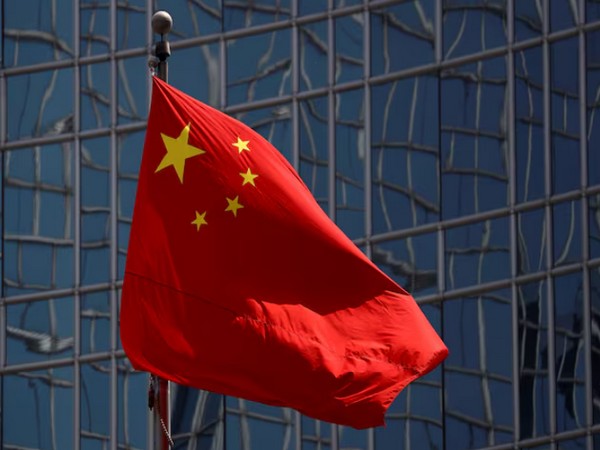China's Pro-Birth Agenda Faces Backlash Amid Lingering One-Child Policy Trauma
China's new pro-birth policies, including incentives and slogans, struggle to gain traction among women who remember the hardships of the one-child policy era. Cases like Fang and Yao highlight the deep scars left by the previous regime, making it challenging for current policies to succeed.

- Country:
- China
Amid China's ongoing demographic crisis, the new 'pro-birth agenda' set up by the Communist Party is facing resistance from the country's women, who are haunted by the memories of Beijing's infamous 'one-child rule.' Since implementing the three-child policy in 2021, Beijing has launched nationwide programs to foster a 'pro-birth culture' as the population shrinks alarmingly.
Supportive slogans and posters now replace the old warnings against having more than one child. Local governments have rolled out policy incentives, including cash giveaways, real estate subsidies, and extended maternity leave. However, these efforts seem futile as Chinese women show little interest in bearing children.
Fang, an illustrative case, was listed as her uncle's daughter during her pre-school years to conceal her second pregnancy and avoid penalties from the one-child policy, in force from 1980 to 2015. The scars from those years still linger, and women like Fang and Yao, who suffered tremendously under the rule, are reluctant to embrace Beijing's pro-birth measures.
Yao, the eldest of three siblings, recounted her harrowing experience during the one-child policy era in rural Shandong. The policy's variant, allowing a second child if the first was female, perpetuated gender bias and forced many women like Yao's mother to hide subsequent pregnancies.
Academics note that the policy's forced abortions and sterilizations have left indelible marks on millions of Chinese women. Financial concerns and a reluctance to revisit painful memories dominate online discussions about birth choices in China, further complicating the government's pro-birth campaign.
(With inputs from agencies.)










